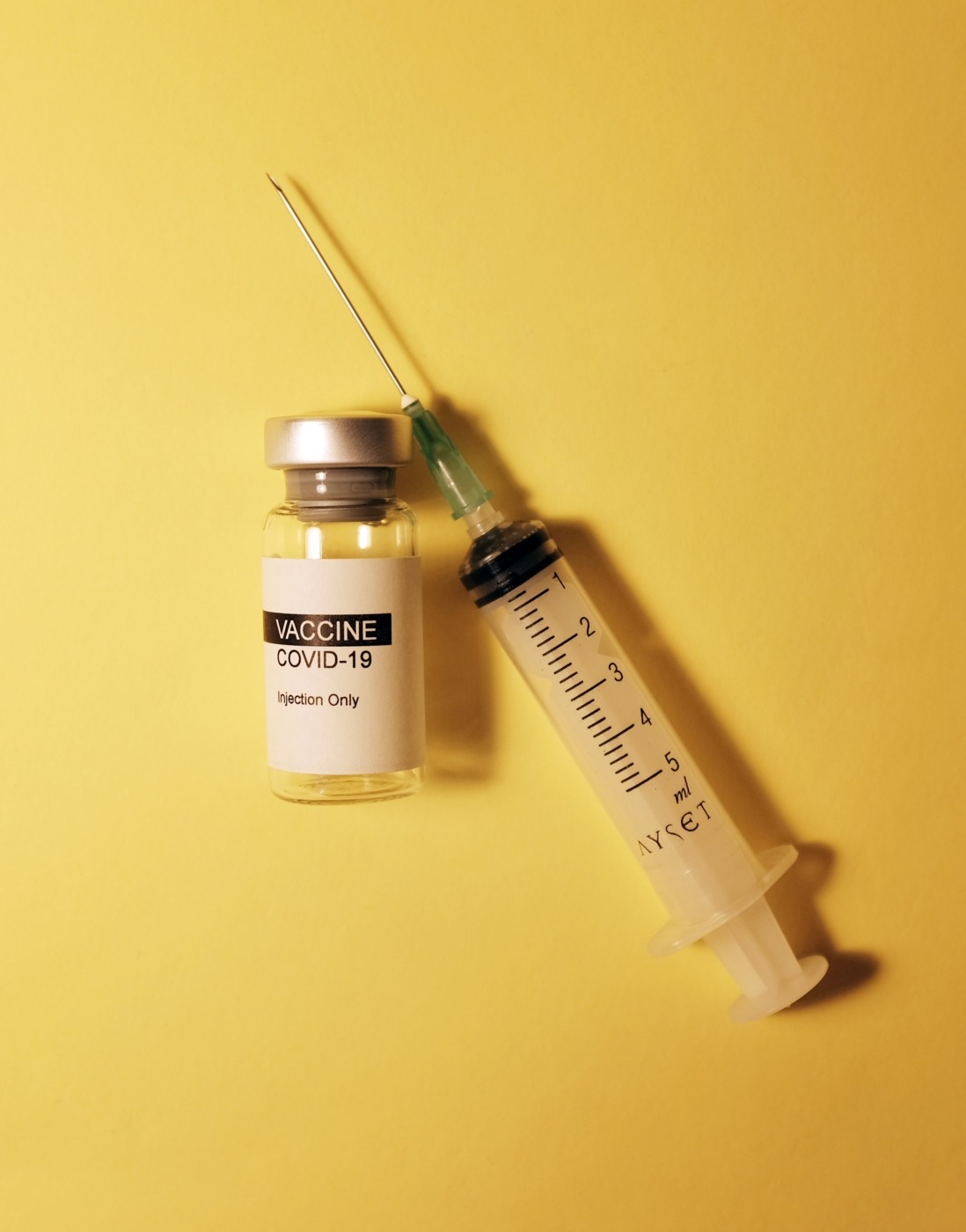The environmental impact of mass vaccination
With millions of people already vaccinated, the end of Covid-19 is in sight. While this is a fantastic achievement for humanity, the same cannot be said for the planet. The rollout of the vaccine is responsible for huge amounts of waste and this is only furthered as two doses are needed for most vaccines, which means double the waste.
One of the key environmental issues of the vaccine is its storage. This is most apparent for the Pfizer vaccine which needs to be kept at -70°C. To store and transport it at this temperature, companies have been using hydrofluorocarbons (HFCs). Unfortunately, HFCs have a global warming effect 23,000 times greater than CO2. Their usage has thus been phased out in the EU since 2015. However, the worry of environmentalists is not shared equally by all. A spokesperson of the European Commission said: “The Commission estimates the risk of additional HFC pollution caused by the deployment of Covid vaccines as negligible to non-existent.”
The next key contributor of emissions is from transportation. The vaccines need to be transported from manufacturing factories all around the world in mass quantities. Storing the vaccines safely and at the right temperature is the priority during its transit, as they will not be usable otherwise. As such, there is little that can be compromised when it comes to long distance travel. However, a few hospitals in Paris have started delivering vaccines by bike! This is a great alternative to cars for short distances and when low quantities need to be transported.
While this is a fantastic achievement for humanity, the same cannot be said for the planet
Regarding transport and storage, another concern is logistics. Delivering the vaccine to billions of people worldwide as quickly as possible is one of the greatest logistical challenges of the modern world. To ensure as little waste as possible, the logistics of such an operation need to be planned immaculately. The UK has been doing a remarkable job with only 0.67% of doses wasted in the first month of vaccinating. However, this may have increased since then as we are now vaccinating many more people than in the first month. The logistical implications depend largely on the country and government responsible. For example, it has been reported that in France, up to 30% of the vaccine may be wasted.
Apart from emissions and logistical waste, there is also the worry of the physical waste from billions of disposable vials and syringes. This is especially concerning considering how much disposable PPE suits were used in the past year. In February 2020, China was producing 110 million single use face masks a day. This illustrates how massively the pandemic has increased plastic pollution.
The aim of the vaccination programme is to get as many people vaccinated as quickly as possible, so it is unlikely that there will be much environmental considerations at this time
Vaccinating the world against Covid-19 while producing no waste is simply not achievable. However, there are some alternatives that may help to reduce the waste and emissions associated. By far the best way to reduce waste is to ensure logistics and transportation run as smoothly as possible. This would ensure that batches of vaccines do not need to be thrown away due to improper transport or storage. It would also mean that more people would be vaccinated quicker. However, the issue of vial waste is not as straightforward as it may seem. Most vials are multi-use, meaning they have more than one dose of vaccine in them. This seems to be better environmentally as there are less vials thrown away. The Pfizer vaccine has five doses per vial and a little extra in case of spillage. However, the ‘extra’ is a lot more than would be expected and, as a result, six doses can be administered from one vial. At the beginning of the vaccination period, this was not well known, and an estimated 150,000 doses may have been wasted in the UK.
Another factor worth considering is the actual materials used to transport the vaccine. Some of these materials are recyclable but again, the safety and storage of the vials come as a priority and sometimes better insulating materials need to be chosen over the more environmentally-friendly ones.
The aim of the Covid-19 vaccination programme is to get as many people vaccinated as quickly as possible, so it is unlikely that there will be much environmental considerations at this time. However, this should act as a lesson for the future – more planning needs done in order to carry out future mass vaccination campaigns while causing minimal damage to the planet.

Comments